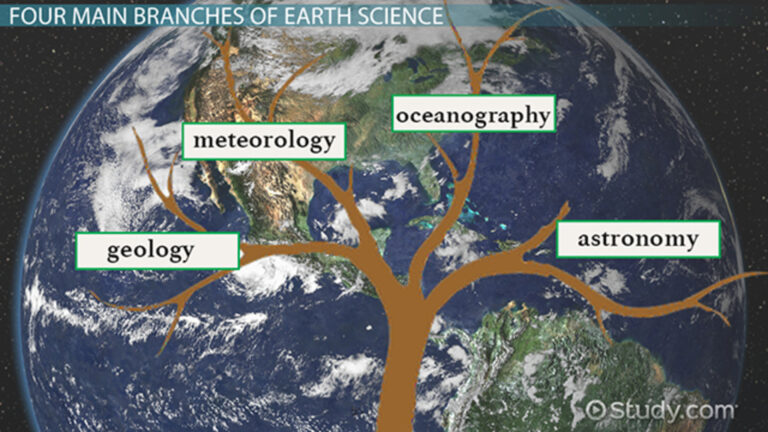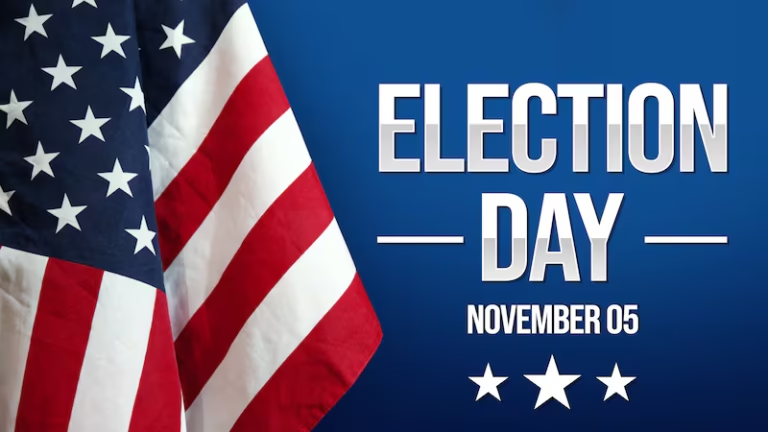
Rewriter
In the fast-paced digital landscape of the United States, the need for quality content has never been higher. Businesses, bloggers, and digital marketers constantly seek ways to stand out in a crowded online world. This is where a rewriter becomes an essential tool. A rewriter is not just a machine or software that changes words; it is a creative process that transforms existing text into something fresh, unique, and engaging. In the USA, rewriting has evolved into a powerful strategy for SEO, education, marketing, and communication.
Understanding What a Rewriter Does
A rewriter takes existing content and gives it a new shape while preserving its original meaning. It changes sentence structures, replaces words with suitable synonyms, and enhances clarity and readability. The goal is to make content unique enough to avoid plagiarism while maintaining accuracy. In the United States, many professionals use rewriters to improve blog articles, marketing materials, academic papers, and website content. It allows them to save time while ensuring that their message remains impactful. The rewriter can also adapt text to different tones and audiences, making it a flexible solution for various industries.
Why Rewriting Matters in the USA’s Digital Economy
The American digital economy runs on content. Every website, ad, and blog post requires originality. Search engines like Google prioritize unique and valuable content. Duplicate or copied material can lower rankings and damage credibility. Therefore, rewriting plays a vital role in ensuring content freshness. Businesses in the USA use rewriting to update old articles, repurpose blog posts, and adapt foreign-language content for American audiences. This not only saves resources but also keeps websites dynamic and relevant in a competitive market.
Rewriting and SEO: The Perfect Partnership
Search Engine Optimization (SEO) is one of the primary reasons rewriting is so popular in the USA. SEO-friendly content attracts organic traffic and increases visibility. A rewriter helps optimize existing text for new keywords, improves readability, and eliminates redundancy. Marketers can use rewriters to update old web pages or tailor content for different search intents. For example, a company might rewrite a blog post originally focused on “global marketing” to fit the keyword “USA digital marketing trends.” Through this process, rewriting becomes a strategic tool to climb search rankings while maintaining authenticity.
Human Rewriters vs. AI Rewriters: The Modern Evolution
In recent years, artificial intelligence has transformed the rewriting landscape. AI-powered tools can analyze complex sentences, understand context, and generate natural, human-like rewrites. However, human rewriters in the USA still have the edge in creativity and emotional expression. AI tools excel in speed and scale, while humans bring nuance and tone. Many American businesses use a hybrid approach—AI for drafting and humans for final editing. This combination ensures that content is both optimized and engaging, maintaining a human touch that resonates with readers.
Academic and Professional Use of Rewriters in the USA
Rewriting is not just for digital marketers. In academia and professional writing, rewriters play a crucial role in improving the clarity and originality of essays, reports, and research papers. American students use rewriting tools to paraphrase sources and avoid plagiarism, while editors use them to enhance the readability of reports. However, ethical use is important. Rewriting should focus on improving writing quality, not on copying or misrepresenting others’ work. Universities and institutions in the USA emphasize paraphrasing as a learning skill that demonstrates understanding, not as a shortcut.
Rewriting in the Business and Marketing World
For businesses in the United States, rewriting is part of their marketing strategy. Companies constantly refresh product descriptions, blog posts, and newsletters to match current trends. A good rewriter can transform outdated content into a powerful sales message. For instance, a business might rewrite a 2018 product review to make it relevant for 2025 audiences. By doing so, they maintain engagement and SEO ranking. In marketing agencies across the USA, content rewriting is also used to localize content—adapting the same message for different states or demographic groups while keeping the brand voice consistent.
The Role of Creativity in Rewriting
True rewriting is more than mechanical word replacement; it requires creativity. American content creators understand that rewriting gives them the chance to reimagine an idea from a new perspective. A creative rewriter knows how to keep the reader interested, simplify complex topics, and add emotional value. In the USA’s storytelling-driven market, creative rewriting helps brands tell their stories differently across platforms. It allows one message to live many lives, reaching a wider audience through new angles and narratives.
Challenges in the Rewriting Process
Despite its benefits, rewriting can be challenging. Maintaining the original meaning while ensuring originality requires skill and understanding. In the USA, many writers face the challenge of balancing creativity and accuracy. Over-rewriting can distort the message, while under-rewriting can leave traces of duplication. Additionally, AI-based tools sometimes miss subtle context or cultural nuances. That’s why professional editors and writers continue to refine rewritten content to meet high American standards of clarity, tone, and professionalism.
Ethical and Legal Considerations
In the United States, copyright law protects original works, including written content. Therefore, rewriting must be ethical and respectful of intellectual property. Simply changing a few words does not make a text original. Ethical rewriting involves genuine transformation, new structure, and added insight. Businesses that misuse rewriting tools risk legal issues or reputational damage. Responsible rewriters understand that their job is to create value by reinterpreting, not stealing. Ethical rewriting contributes to the overall integrity of the digital ecosystem in the USA.
Rewriting for Global Communication
The USA is a multicultural hub where businesses often communicate with international audiences. Rewriting allows them to adapt content for different cultures and markets. For example, an American company rewriting content for global readers must consider cultural sensitivity, language differences, and tone. A message that resonates in New York may not work in Tokyo or Berlin. Through rewriting, companies can reframe their message to appeal to various audiences while maintaining the essence of their brand identity.
How Rewriting Supports Content Longevity
In digital marketing, fresh content equals higher visibility. But constantly creating new material is time-consuming and expensive. Rewriting helps maintain content longevity by updating existing articles with new facts, keywords, and styles. American companies often rewrite their most successful articles every year to keep them relevant and SEO-friendly. This process, known as “content repurposing,” extends the life of valuable content and ensures continued engagement from readers.
Tools and Technologies Used for Rewriting in the USA
A wide range of rewriting tools is available in the United States, from simple paraphrasing apps to advanced AI-driven platforms. Tools like QuillBot, Grammarly, and ChatGPT help writers rewrite text efficiently. These tools offer features like synonym replacement, sentence restructuring, and tone adjustment. Many American professionals use these technologies as writing assistants to save time. However, they still rely on human expertise to finalize the text and maintain emotional depth. The perfect rewrite often results from a collaboration between technology and creativity.
How Rewriting Impacts Branding
A brand’s identity is reflected through its words. Rewriting helps maintain consistency in tone while refreshing the message for modern audiences. In the USA, brands use rewriting to align their content with current cultural trends, social issues, and customer values. Whether it’s a slogan, blog, or product description, rewriting helps adapt the language to stay relevant and appealing. For instance, companies frequently rewrite campaigns to incorporate inclusive language, reflecting America’s diverse social landscape.
The Future of Rewriting in the USA
As technology continues to advance, rewriting will evolve even further. The combination of AI, natural language processing, and human creativity will redefine how Americans produce and consume written content. Rewriting will move beyond text to include multimedia captions, scripts, and digital storytelling. In the coming years, the focus will shift toward “intelligent rewriting,” where tools understand audience emotions and intent, delivering context-aware rewrites that feel deeply personal and authentic.
Conclusion
Rewriting is no longer a hidden art; it is a mainstream necessity in the USA’s digital age. From marketers to academics, everyone benefits from rewriting as a way to express ideas better and reach wider audiences. It blends creativity, technology, and strategy into a single process that drives communication forward. In a nation built on innovation and freedom of expression, rewriting continues to empower voices, redefine content, and shape the language of tomorrow.




